How to Get your Scuba diving Certification
If you want to get a scuba diving certification, there is a lot of new information to learn. The first step in getting your certification is completing an open water diver course. This will give you the basic knowledge and skills to dive safely. Open water courses usually last 3-4 days and involve both classroom and pool training. Once you have completed the open water course, you will get your certification to dive with a buddy in open water conditions up to 18 meters/60 feet deep. If you’re looking to get into diving, here is everything you need to know before enrolling in an open water scuba diver course.
Does scuba diving require certification?

Technically, no, you don’t need certification to dive. You can go diving without one, but it’s not recommended. Diving without certification can be extremely dangerous, as it demands a whole pack of skills and scuba gear that you may not be familiar with. Diving without a certification can be a life-threatening decision.
Any serious dive center around the world will demand you to present a diving certification. It is the proof you have the training and skills necessary to go underwater. So, if you are serious about your safety, do not take shortcuts.
Why is certification important?
Scuba certification is indispensable because it ensures that divers have proper training to dive. It proves you learned and developed diving skills accompanied by a professional diver.
Certification also allows divers to take part in scuba diving activities. Above it all, a certificate provides peace of mind for the diver and for people diving with them.
Scuba diving certification requirements
To become certified as a scuba diver, you must be 10 years old or older and have adequate swimming skills. You must also be in good physical health, as scuba diving can be a strenuous activity. You will have to swim 200 meters without a time cap, but you can use any type of swimming stroke. This may vary from one certification agency to another. The main reason is to show your scuba instructor that you are comfortable in the water.
Does my diver certification expire?
No, your scuba diving certification does not expire. Once you get your diving license, you are certified for life.
However, if it is a long time since your last dive, consider taking a refresher course. It is always a good idea to keep your skills fresh and up to date. Scuba diving keeps evolving and methods and procedures techniques improves constantly. Being cautions and taking a course will ensure that you are up-to-date on the latest safety procedures and techniques.
Is there a minimum age to take a scuba diving course?

Yes, 10 years old is the minimum age to be certified as a scuba diver. Professional Association of Diving Instructors (PADI) calls this entry-level scuba program Junior Open Water Diver Course.
It is much like a certification program for Open Water diver, but with smaller intructor-student ratio, and shallower maximum depth. If children are younger than ten, but at least 8 years old, they can take part in a scuba try out. This must happen in a place shallower than 2 meters. This way, the kid can experience how scuba dive is with, but do no get certified.
How to become a certified scuba diver
To become a certified scuba diver is pretty straightforward. You need to enroll in a training program with a diving instructor certified by a diving certification.
The training have theoretical classes and a test. Then you will head to the practical part, the confined and open water training. This is the moment that you will learn all about scuba equipment and how to perform the essential skills.
Confined water training takes place in a swimming pool. After that, you will head to the open water dives part of the training, that will happen at sea, river, or a lake. That is the real deal and where the real fun begins. You will be fully equipped, and will perform the skills that you learned so far. Always accompanied by an instructor and in a controlled environment.
Once you complete the course and pass all the exams, you will be a certified diver.
Where to get scuba diving certification
If you have a friend that already is a certified scuba diver, go ahead and ask if he/she would recommend any dive center.
If that’s not the case, you can always search google for “dive center near me” or something related. This will give you a list of centers that are available in your area that often offer programs that range from beginner to expert levels.
Get in touch with a reputable dive shop and inform yourself about their certification course. Take scuba lessons, and start your journey into the underwater world.
PADI, SSI, CMAS, NAUI, GUE, SDI?

There is a great number of diving training agencies that can certify you as a scuba divers. PADI, NAUI, SSI, CMAS, GUE, SDI, IANTD, to name a few. These diving organizations have similar standards, but there are differences in their approach. Some are more relaxed and comprehensive with recreational dive applicants, since they view the activity as a leisure one. Others prefer to certify a smaller number of divers, but be stricter with safety and procedures.
Check those available near you, and do a brief research and see if there is one that you feel more comfortable with. But don’t forget that variety is the spice of life, so keep your mind open for others.
Which is the best scuba diving certification
We know that it can be difficult to understand all of these letters. There are a good deal of scuba diving certification agencies around, and each has its own advantages and disadvantages. Just to give you a headstart, here are a little bit of information about NAUI and PADI – the biggest and second agencies.
PADI (Professional Association of Diving Instructors) is the agency that most certifies divers around the world. They are literally everywhere, so it is really easy to find a PADI dive center. From small dive shops to huge and luxurious dive resorts. Because of that, they are recognized everywhere around the world.
NAUI (National Association of Underwater Instructors) is the oldest agency around, and its foundation happened in 1952. As a non-profit organization, they are known to by their motto “Dive Safety Through Education”. All is about making sure that a NAUI diver have mastered skills and perform accordingly to it level of certification.
It is important to choose a certification that is available near you, and that has a good reputration around the world. So If you do have another option that is not PADI or NAUI in your area, you definetly shoud do a quick research about them.But If you are new to scuba dive, do not worry. Just look for a dive shop nearby, get there and talk to people. You will discover that divers are usually kind people who are passionate about the sport. They will be more than happy to help you with any questions or doubts you may have.
On top of that, a major part of scuba diving instructors are certified by more than one agency. So it is much likely you won’t be stuck with one option. Ask them about safety procedures and standards of the agency they are representing. As for the dive shop, check scuba gears, classes, and structure. Address every doubt that may surface during your research.If you’re considering further certifications to master scuba diving you can always perform a cross-over to another certification agency.
Remember: the best recreational scuba diving certification is the one that you feel most comfortable with and that you feel will provide you with the best training and safety procedures.
Types of certifications
There are many different types of scuba diving certification. Each type of certification has its own requirements, procedures, equipments, and everything else.
Recreational diving
The most common type of scuba diving, and diver certification is usually valid for life. This is all about the fun, but do not make the mistake to think that it is not serious. Even if you are planning on becoming a professional or technical diver, your journey starts as an open water diver.
Professional divers
Even thought they are professional, they are still recreational divers as well. They work as instructors and divemasters, and are typically employed by dive centers, resorts or live-aboard boats. Professional divers must have a high level of experience and training, and be able to remain calm in difficult situations.
They frequently are the most seasoned diver on a group, as they have spent hundreds of hours underwater.
Technical diving

This is a more advanced form of scuba diving that requires extra training and experience. Technical divers often explore caves or wrecks, and some dive deeper than 100 m – 328 feet.
To put it in simple terms, if the diving have a ceiling, be it real (like a cave) or virtual (decompression) it falls to the category of Technical Dive.
Commercial diving
Another type of specialized scuba diving that requires extra training and experience. Commercial divers typically engages in underwater work related to construction, maintenance, or engineering. Ever seen a diver using a chainsaw underwater to cut a tree log? No? Well, that’s the kind of job commercial divers do. Badass, huh?
How much does scuba diving certification cost?
The cost of an open water course varies depending on location, country, and many other things. But you can expect it to cost typically from $350 up to $600.
What are the levels of scuba diving certification
Diver training does not end with the basic open water certification. Divers can, and are encouraged to, take many courses to continue their education.
A second step would be getting an advanced open water diver. That is the best way to improve your skills and be able to expand your limits. With an advanced certification level, you will be allowed to deep dive down to 40 meters.
If you decide to pursue a scuba carrer, then you will need rescue diver certification and dive master. If you feel up to the task, you can even become a scuba instructor.
But if you rather take scuba just for fun, consider taking specialtys courses. Wreck diving is a popular certification, for example. Getting scuba certified is just the beginning of a lifelong journey of exploration and learning. Certifications are designed to help you become a better diver.
Did you know that there are certifications even for extreme adventures, like ice diving? So, get your diving license, get out and dive deep into it. Or, if you are a diver already, make sure you know all bout scuba diving etiquette.
Disclosure: This post may contain affiliate links, which means that DIVEMONDO may receive a small commission if you make a purchase using these links. As an Amazon Associate this website earn from qualifying purchases.

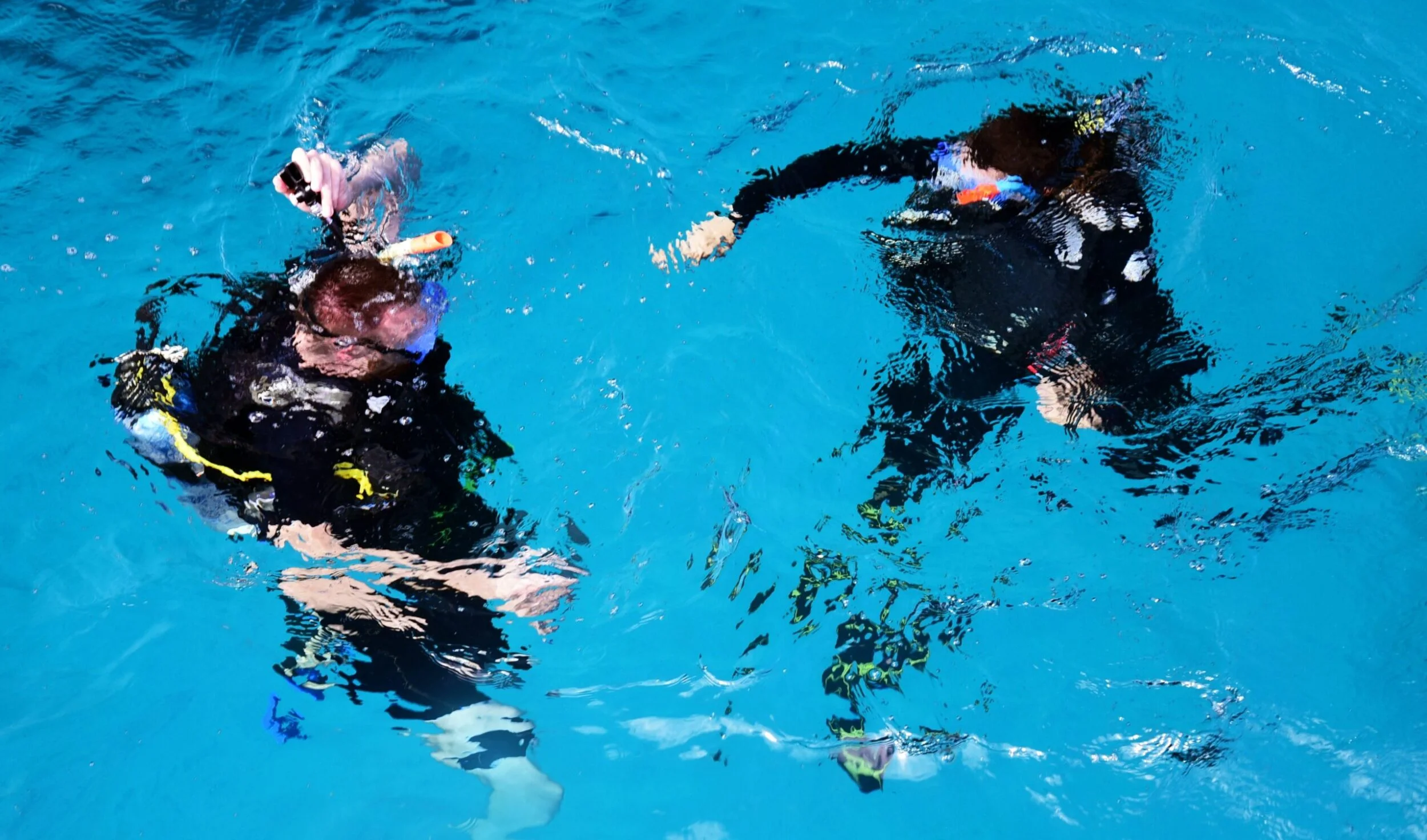

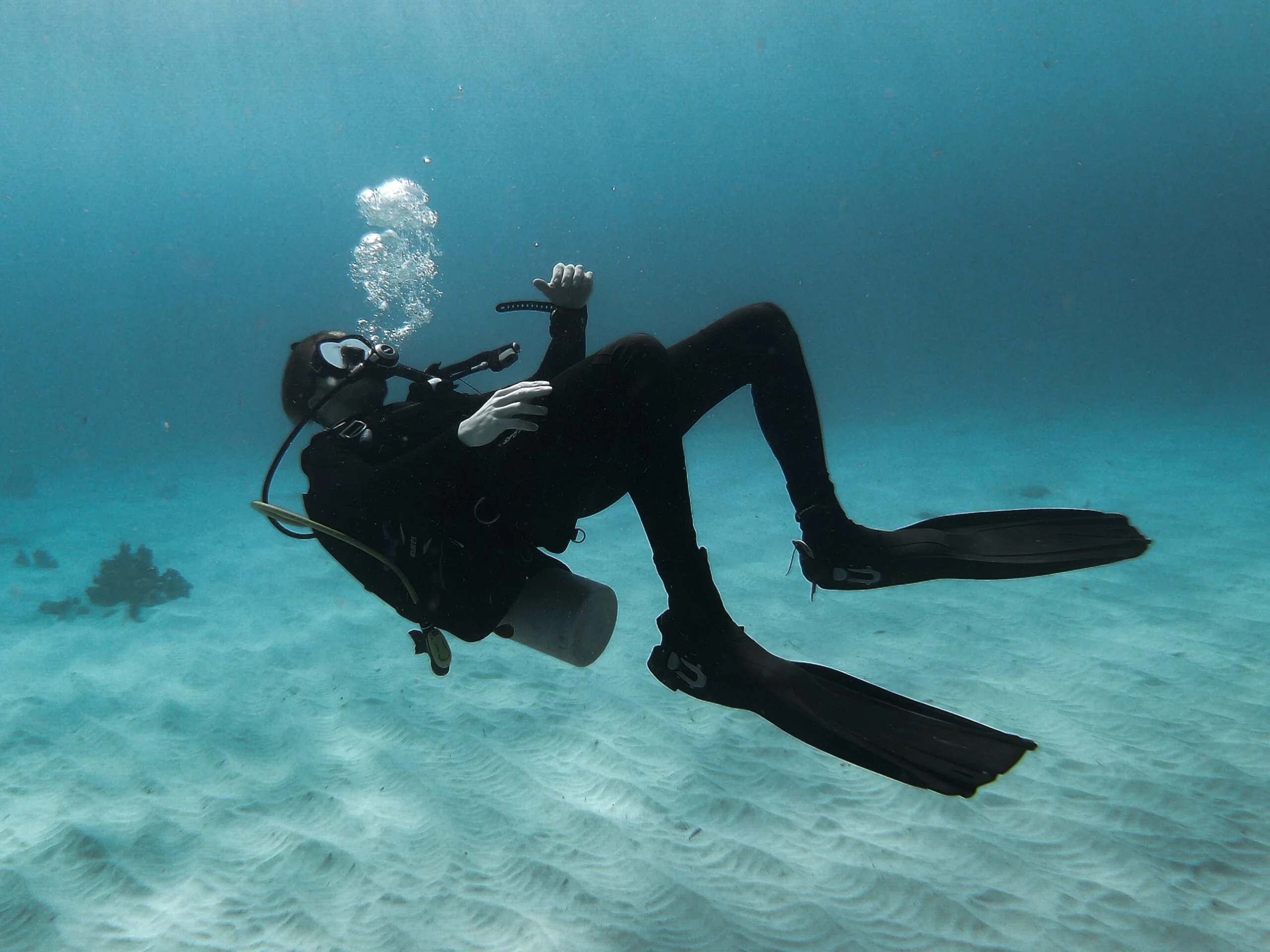
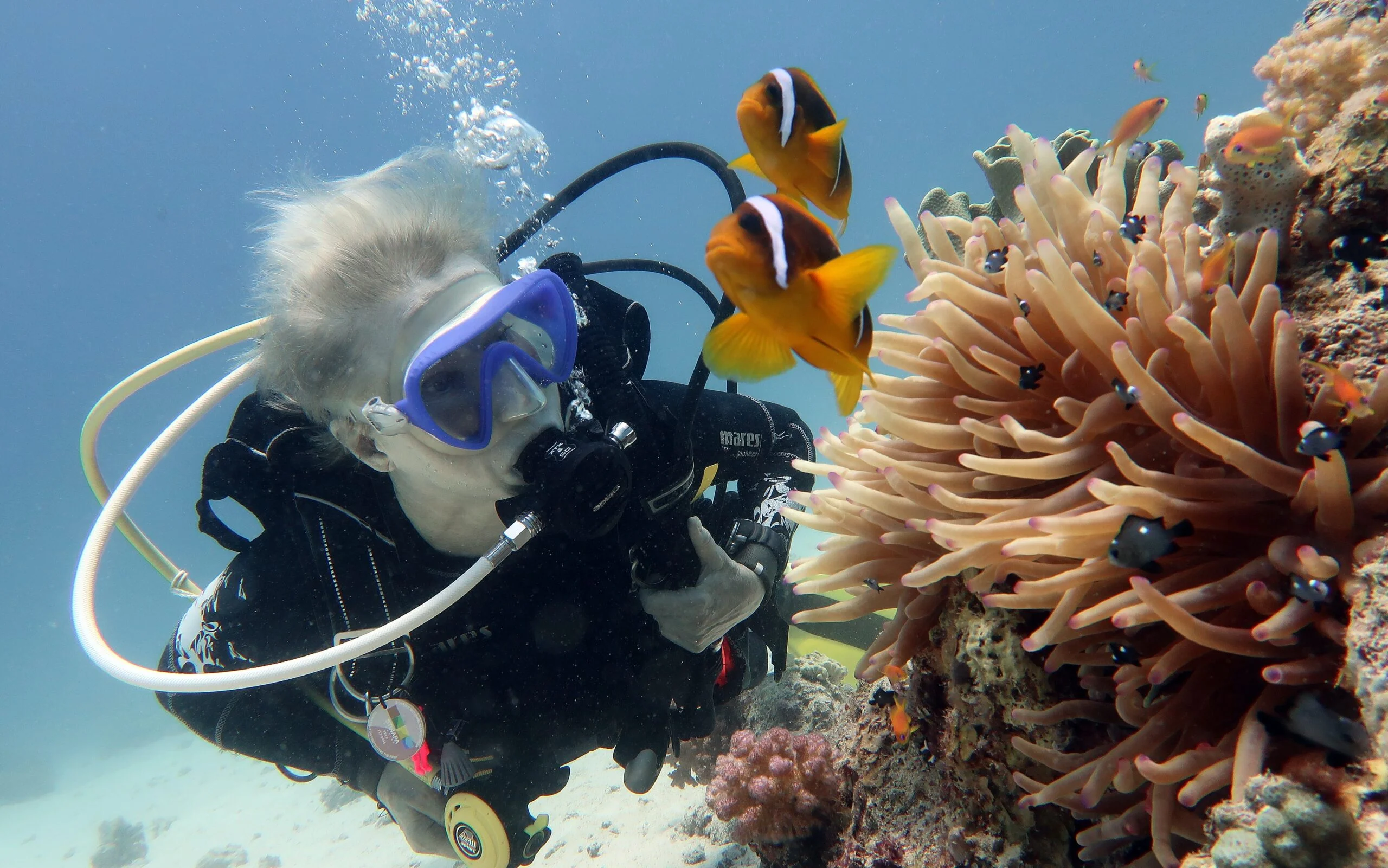

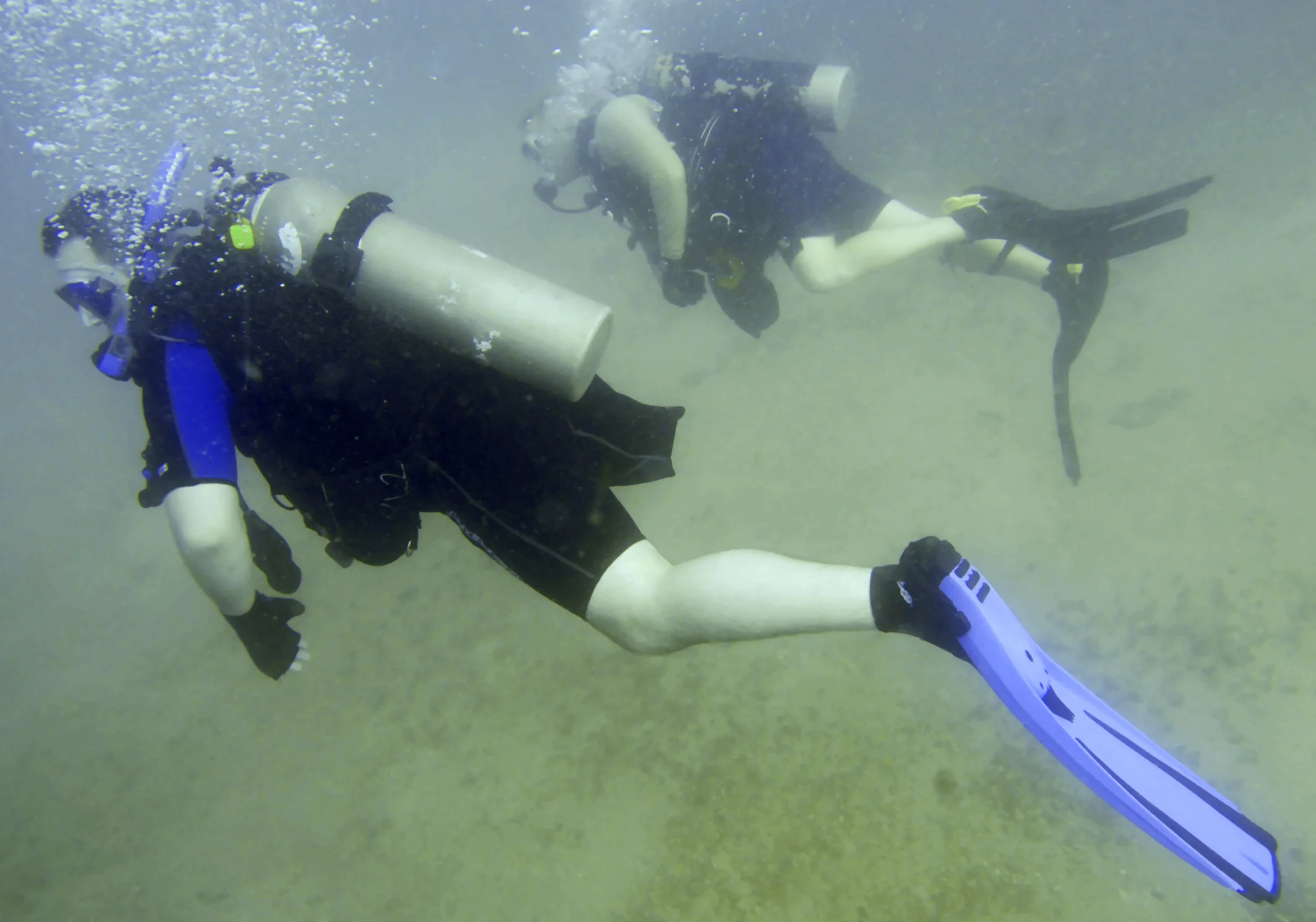
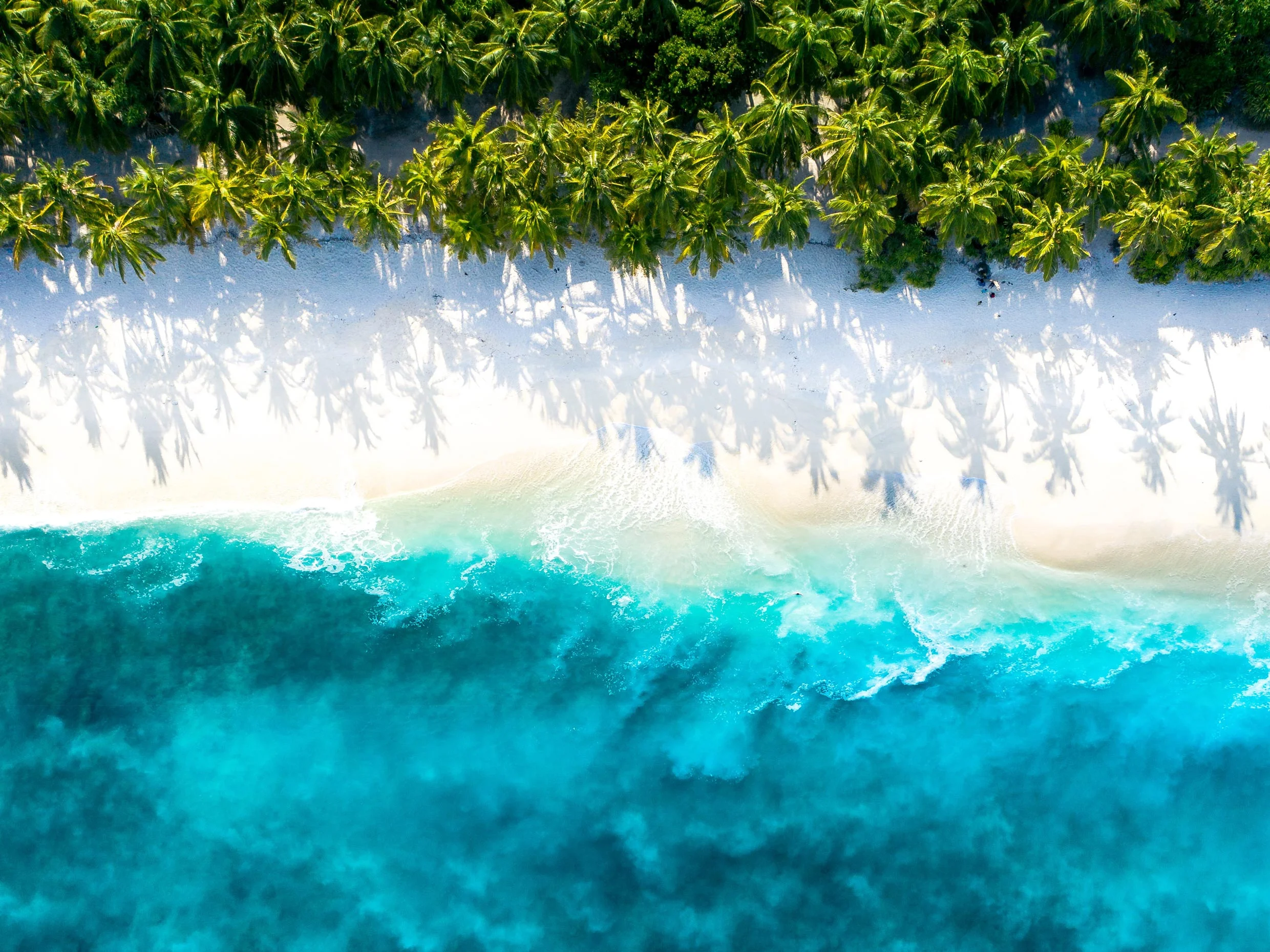
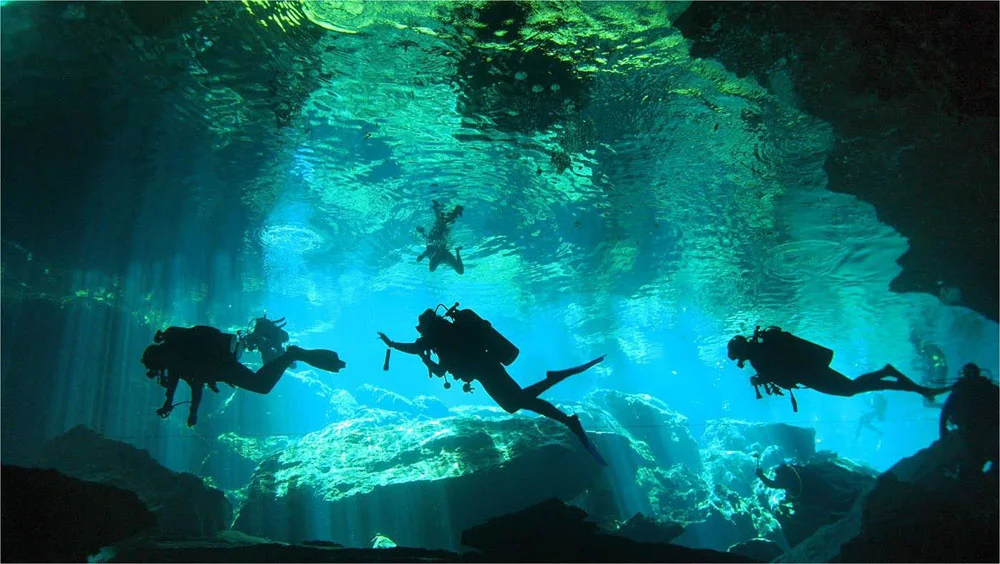
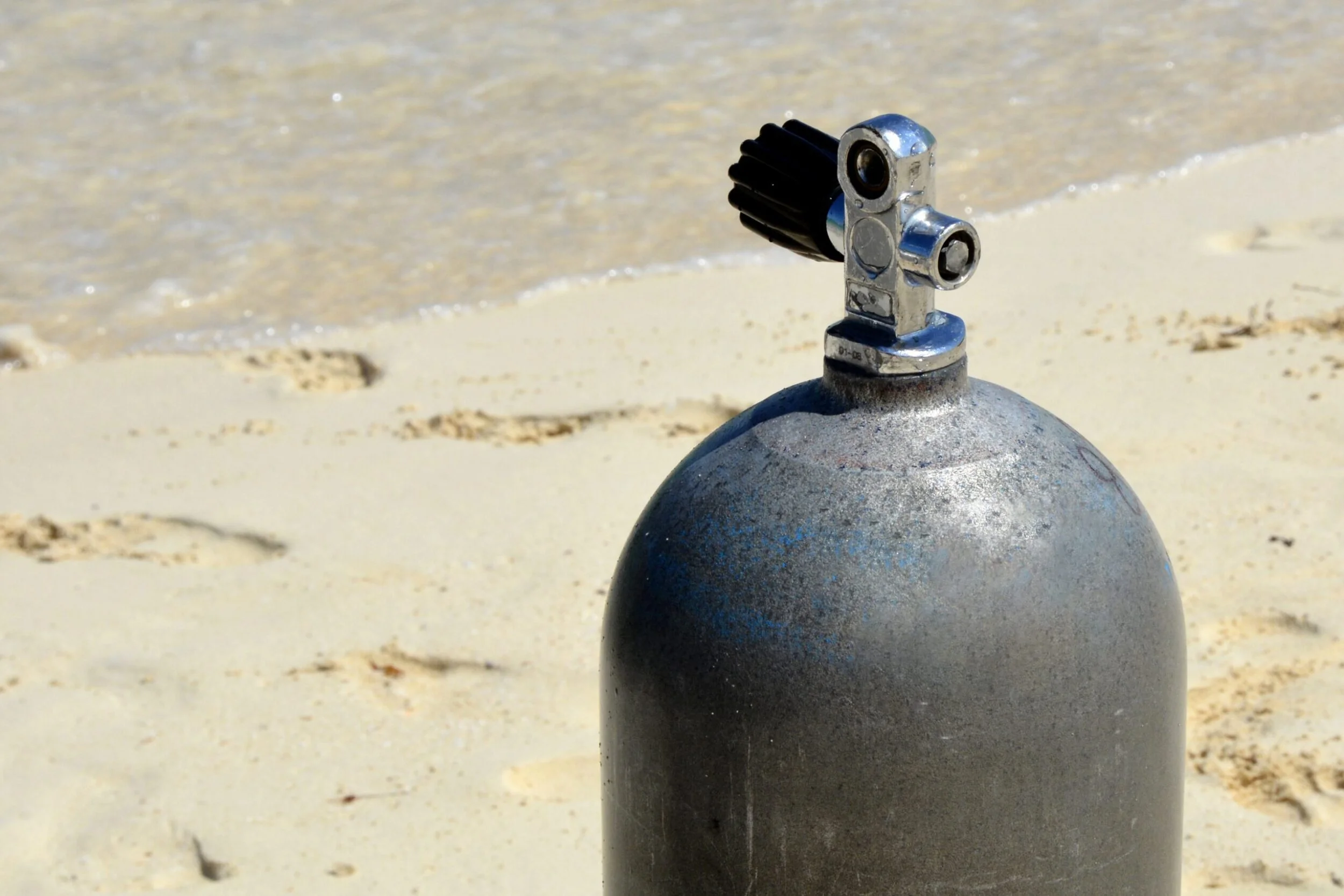
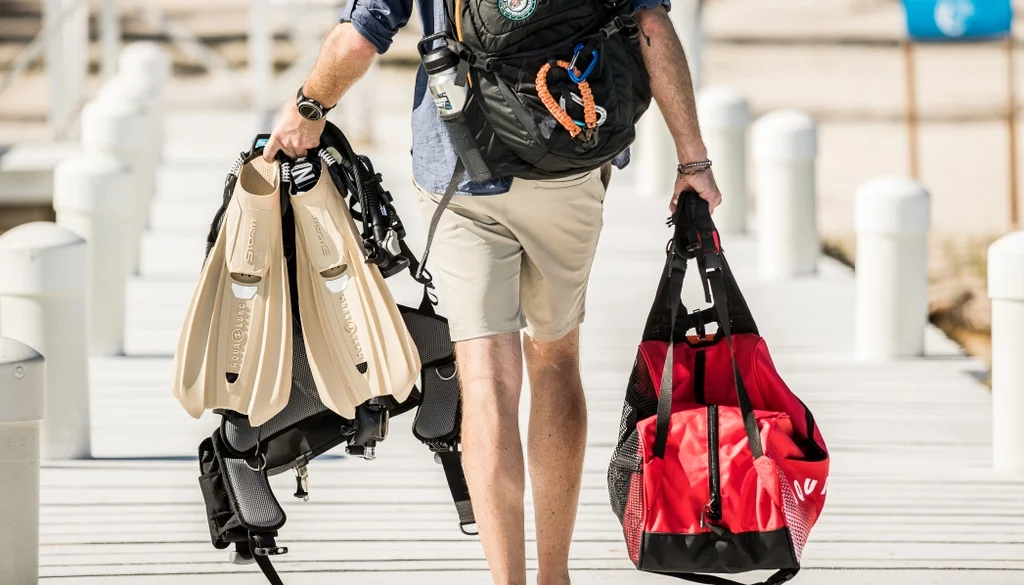


Leave a Reply